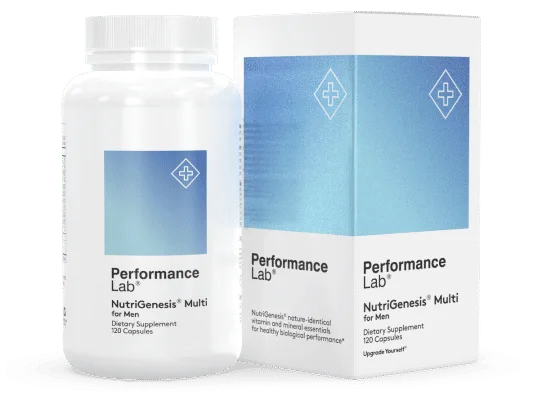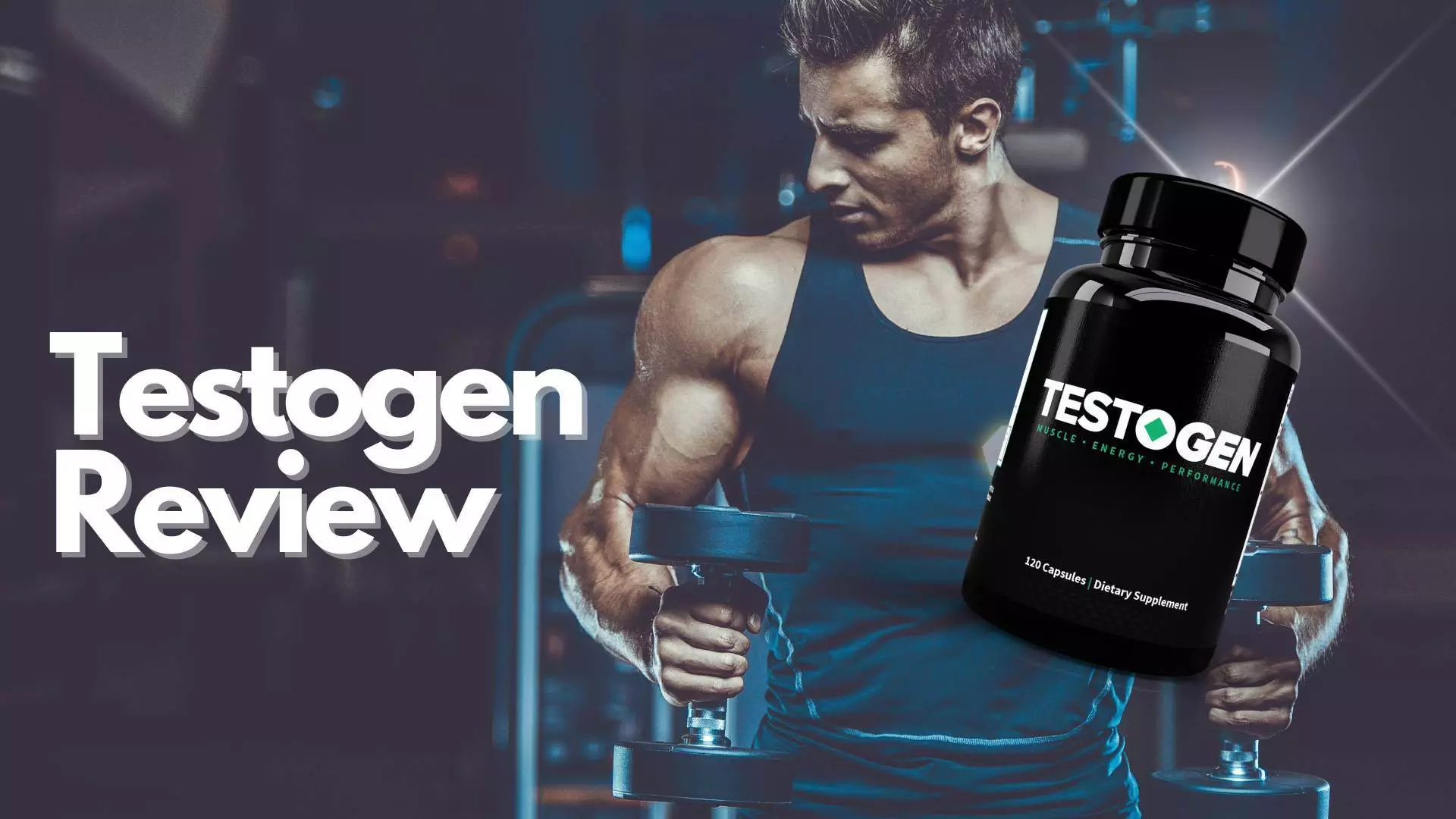Did you know that over 90% of Americans have a vitamin deficiency and fail to meet their recommended daily intake of essential nutrients through diet alone?
Our fast-paced lives and convenience-focused food choices often leave us nutrient deficient. But who needs a multivitamin?
Here are the key individuals who can benefit the most:
- Busy professionals juggling work and personal life
- On-the-go parents trying to meet family demands
- Health-conscious individuals looking to optimize their well-being
If you fall into any of these categories, keep reading to explore the vital role of nutrients, identify potential deficiencies, and understand how lifestyle factors impact your nutrient levels.
Don’t miss out on this opportunity to take charge of your health!
Key Takeaways
- Over 90% of Americans don’t consume enough recommended daily nutrients through diet alone, making multivitamins a convenient solution for filling nutrient gaps.
- Pregnant women, the elderly, and those with specific medical conditions are at a higher risk of nutrient deficiencies and may benefit from supplementation.
- Fast food meals, skipping meals, and poor dietary choices can lead to nutrient deficiencies, highlighting the importance of prioritizing a diverse and nutrient-rich diet.
- Consulting with healthcare professionals, considering personalized needs, and evaluating scientific evidence are crucial steps in making an informed decision about multivitamin use.
Discover the power of Performance Lab NutriGenesis Multi – easy-to-swallow pills to get your daily essentials with ease! Get yours today and take your nutrition game to the next level.
Understanding the Role of Nutrients in the Body
Understanding the role of nutrients in your body is essential for optimizing your health and well-being. Essential vitamins and minerals play a crucial role in various bodily functions, including nutrient absorption and utilization.
These nutrients act as cofactors, assisting enzymes in carrying out biochemical reactions necessary for your body to function properly.
Vitamins, such as vitamin A, C, D, E, and K, are vital for maintaining healthy skin, boosting the immune system, supporting bone health, and protecting against oxidative damage.
Minerals, such as calcium, iron, zinc, and magnesium, are necessary for building strong bones, carrying oxygen in the blood, supporting immune function, and regulating muscle and nerve function.
However, obtaining all the necessary nutrients through diet alone can be challenging. Factors such as poor diet, stress, and certain medical conditions can affect nutrient absorption and utilization.
That’s where a multivitamin can be beneficial. It provides a convenient way to ensure you get the essential vitamins and minerals your body needs to function optimally.
Identifying Potential Nutrient Deficiencies
Identifying potential nutrient deficiencies is essential for determining the right supplementation for individuals. Without a proper understanding of their nutritional needs, individuals may be at risk for potential health issues.
Certain populations are more susceptible to nutrient deficiencies, such as pregnant women, the elderly, and those with specific medical conditions.
For example, pregnant women require increased intake of nutrients like folic acid and iron to support the growth and development of their baby.
The elderly often have reduced absorption of nutrients and may benefit from supplementation to prevent deficiencies.
Healthcare professionals play a crucial role in identifying potential nutrient deficiencies in individuals and recommending appropriate supplementation.
By doing so, they ensure that individuals meet their recommended nutrient intake, which is essential for maintaining optimal health.
Addressing nutrient deficiencies also helps prevent potential health risks that are associated with inadequate nutrient levels.
Exploring Lifestyle Factors that Impact Nutrient Intake
You may think that skipping meals and relying on fast food won’t affect your nutrient intake, but believe me, it’s a recipe for disaster.
When exploring dietary preferences, it’s important to consider how different lifestyles impact nutrient absorption.
Fast food meals often lack essential nutrients like vitamins, minerals, and fiber, while being high in unhealthy fats, sodium, and sugar.
Deficiencies in key nutrients such as vitamin C, vitamin D, and iron can occur due to regularly consuming such poor-quality food if you’re not careful!
On top of that, skipping meals deprives your body of the necessary nutrients it needs to function properly. Without a balanced diet, your body may struggle to absorb and utilize nutrients efficiently.
Prioritizing a diverse, nutrient-rich diet is in your best interest to ensure you’re getting all the essential vitamins and minerals your body needs for optimal health.
Assessing Specific Dietary Needs
To ensure you’re meeting your specific dietary needs, it’s important to assess and tailor your meals accordingly. Everyone has different dietary restrictions and requirements, and it’s crucial to understand what your body needs.
Some individuals may have specific dietary restrictions due to medical conditions or allergies, while others may have preferences based on personal beliefs or ethical reasons.
By assessing your specific dietary needs, you can create personalized nutrition plans that cater to your unique requirements.
This may involve avoiding certain food groups, including more nutrient-dense foods, or incorporating supplements to fill any nutritional gaps.
Consulting with a registered dietitian or nutritionist can be helpful in developing a tailored plan that meets your specific needs and ensures you’re getting all the necessary nutrients.
Remember, your health is unique, and your nutrition plan should be too.
Considering Age and Life Stage
Taking into account your age and life stage is like adjusting the sails of a ship to navigate through different seasons of life. It’s important to consider age-related nutrient needs and nutritional requirements during pregnancy.
Here are four key factors to consider when assessing your dietary needs:
- Age-related nutrient needs: As you age, your body’s nutritional needs change. Older adults may require higher levels of certain nutrients, such as calcium and vitamin D, to maintain bone health and prevent osteoporosis.
- Pregnancy: During pregnancy, a woman’s nutritional needs increase to support the growth and development of the baby. It is essential to consume adequate amounts of key nutrients, such as folic acid, iron, and omega-3 fatty acids, to support a healthy pregnancy and fetal development.
- Postpartum: After giving birth, a woman’s body goes through significant changes. Proper nutrition is crucial during this time to support healing, breastfeeding, and overall recovery.
- Menopause: Menopause is a natural phase in a woman’s life that is associated with hormonal changes. Nutritional needs may shift during this time, and it is important to focus on maintaining bone health, managing weight, and supporting overall well-being.
By considering your age and life stage, you can tailor your dietary choices to meet your specific nutritional needs and optimize your health.
Consulting with a Healthcare Professional
When you’re thinking about whether to take a multivitamin, it’s important to consider your age and where you’re at in life. But hey, don’t forget to have a chat with a healthcare pro too!
They can give you some real good insights into what your body needs and help you make a smart decision. These pros know their stuff – they’ll take a look at your overall health, medical history, and any specific issues you might have.
Based on all that, they can tell you if a multivitamin is the way to go or if there are other options that might suit you better. The best part is, they’ll give you advice and recommendations that are tailored just for you.
So why not give them a shout and see what they have to say? They might even suggest some fancy alternatives like targeted supplements or changes to your diet that could do the trick.
By getting their input, you’ll know you’re doing what’s best for your health.
Who Needs a Multivitamin? – Making an Informed Decision
To optimize my nutrition and fuel my body with the right nutrients, I believe in making a choice that’s both informed and exciting when it comes to selecting a multivitamin.
I’ve done my research, compared different options, and discovered the ultimate multivitamin for someone like me – Performance Lab NutriGenesis Multi.
This multivitamin is a powerhouse, delivering 17+ essential vitamins and minerals that my body craves.
As someone with celiac disease, finding a high-quality option that caters to my dietary restrictions is paramount.
With Performance Lab NutriGenesis Multi, I feel confident knowing I’m fortifying my body with the nutrients it needs to thrive.
It’s a game-changer that brings excitement to my daily routine, ensuring I’m nourished and ready to take on anything that comes my way.
I’ve no doubt it can do the same for you!






Leave a Reply